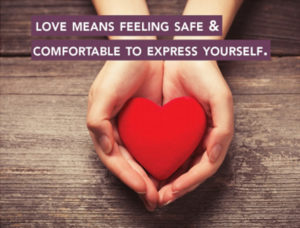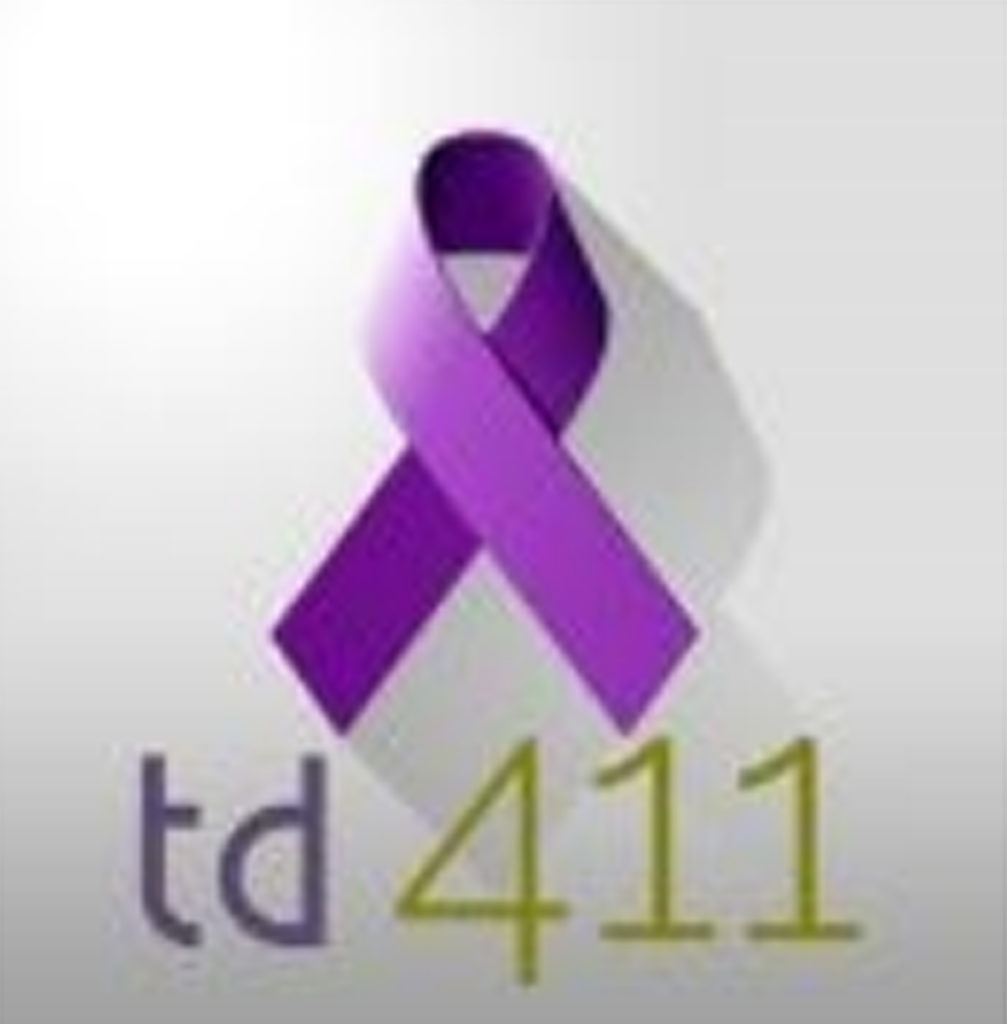
February is Teen Dating Violence (TDV) Awareness Month
Nationwide, 1 in 3 teens reports being physically, sexually or emotionally hurt by their partner. According to the CT Department of Public Health, 17% of CT high school students report being emotionally abused by a dating partner and 8% report being physically abused by a dating partner (2011 School Health Survey Youth Risk Behavior Report). And early exposure to abusive or violent relationships increases the likelihood of those types of relationships being repeated later in life.
Communicating with young people
about dating violence
is the first step in ending abuse.
WHAT IS TEEN DATING VIOLENCE
Teen Dating Violence (TDV) is a pattern of abusive behavior in a dating relationship where one partner uses power in an attempt to control and coerce the other. TDV can occur in opposite sex or same-sex relationships regardless of race, religion, gender, sexual orientation, gender identity, education or socio-economic status.
TDV can take many forms including:
- Physical, such as hitting, slapping, punching and shoving.
- Verbal, emotional and/or psychological such as public or private name calling or put-downs, exhibiting extreme jealousy or preventing their partner from seeing family or friends.
- Sexual, including coercing your partner to have sex when she/he is not ready, demanding sexual photos or using date rape drugs.
- Technological, such as tracking someone using GPS on a mobile device, monitoring someone’s text messages or emails without their knowledge or permission, or sending threatening or harassing messages via social media.
FACTS ON TEEN DATING VIOLENCE
Teen dating violence is not an argument every once in a while, or a bad mood after a bad day. Dating violence is a pattern of violent behavior that someone uses against their partner to gain control.
- About 72% of students in 8th and 9th grade report “dating” by the time they are in high school, 54% of students report dating violence among their peers.
- About one in 11 teens reports being a victim of physical dating violence each year.
- About one in four teens report verbal, physical, emotional, or sexual violence each year.
- About one in five teens reports being a victim of emotional abuse.
- About one in five high school girls has been physically or sexually abused by a dating partner.
- About 70% of girls and 52% of boys who are victims of dating violence report an injury from a violent relationship.
- Approximately 8% of boys and 9% of girls have been to an emergency room for an injury received from a dating partner.
- Adolescents who experience dating violence not only are at increased risk for injury, but are also more likely to report binge drinking, suicide attempts, physical fighting, and sexual activity.
- Rates of drug, alcohol, and tobacco use are more than twice as high in girls who report physical dating violence or sexual abuse than in girls who report no violence.
81% of parents believe teen dating
violence is not an issue or admit
they don’t know if it is an issue.
WARNING SIGN
It is important to understand the warning signs for dating violence so you can help teens develop healthy relationship attitudes and behaviors/
These “red flags” should alert you to the possibility that a teen may be a victim or is at risk of becoming victim of dating violence:
- Suspicious bruises, scratches, or other injuries
- Failing grades
- Loss of interest in activities or hobbies that were once enjoyable
- Alcohol or drug use
- Extreme mood swings
- Excuses their dating partner’s behavior
- Fearfulness around their dating partner or when his or her name is mentioned
- Avoidance of friends and social events
- Does not go out without their partner
Take teens seriously when they talk
about their dating relationships and
ask for clarification if needed.
What can you do to help end Teen Dating Violence?
Have a conversation with the young people in your life; ask them to download the td411 app. 
It’s critical that teens have access to information about healthy dating behaviors and warning signs that their relationship might be abusive. CCADV’s mobile app, td411, does just that. td411 provides essential information to teens in a manner that makes sense for them – through their phone or mobile device. The app answers questions that they may be too afraid to ask and includes interactive tools to help them learn about their relationship and to connect with a counselor if they need someone to talk to. Encourage teens to download td411 so they have it readily accessible in case they or one of their friends needs help.
td411 lets you…
- Learn healthy behaviors for dating relationships and the signs of abusive behaviors
- Take the Dating Quiz to see where your relationship falls
- Check out important safety tips and ways that you can stay safe
- Use the search function to find the nearest counselor
 Wear orange on Friday’s during February. Post your images on Facebook, Instagram or Twitter to show your support and raise awareness. #TDVAM #PCC_CT
Wear orange on Friday’s during February. Post your images on Facebook, Instagram or Twitter to show your support and raise awareness. #TDVAM #PCC_CT
Send your photos to emysliwiec@prudencecrandall.org so we can share them on our Facebook page!
Read More
